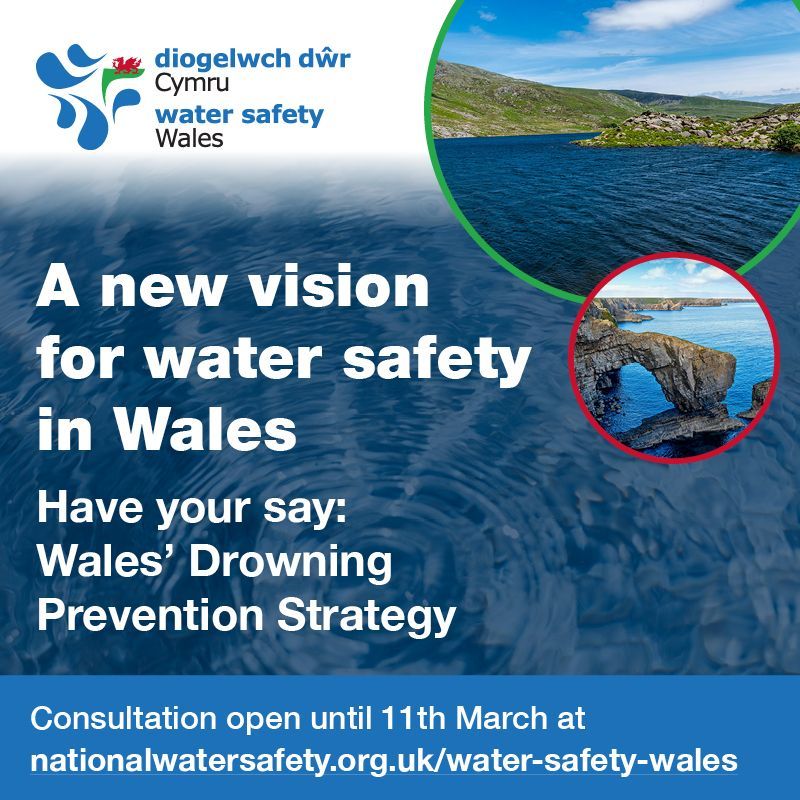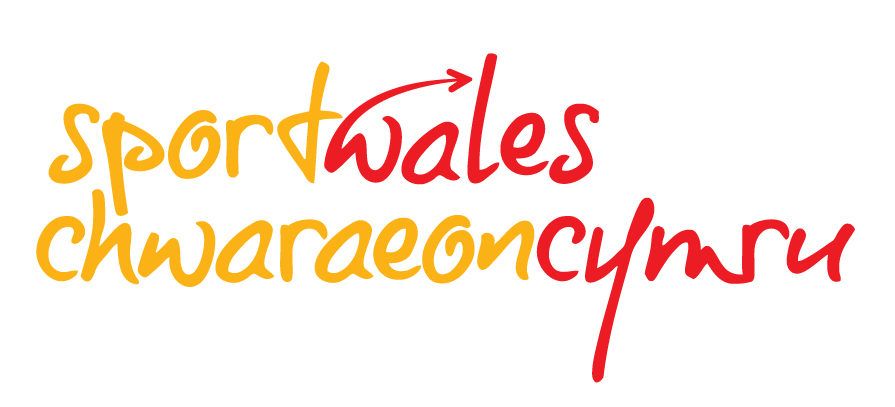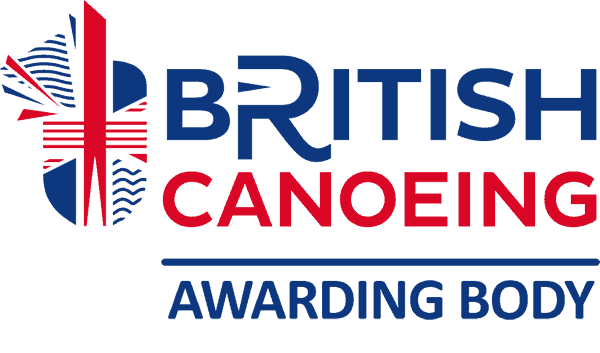As avian influenza (HPAI H5N1) continues to affect bird populations across Wales, paddlers, especially those active on lakes, rivers, and coastal waters should be aware of the risks and precautions associated with the outbreak.
Why It Matters to Paddlers
Avian flu is primarily a disease of birds, but its impact on wild waterfowl, such as swans, geese, and ducks, means that paddlers are likely to encounter affected areas. Popular paddling areas have recently reported bird deaths linked to the virus:
- Llyn Padarn, Llanberis: Dead swans and geese have been found, prompting local authorities to post warning signs and advise the public to avoid contact with sick or dead birds.
- Coastal and estuarine areas: Migratory birds congregate in these zones, increasing the risk of transmission and contamination.
While the risk to human health is considered low, avian flu can spread via contaminated water, surfaces, and bird droppings, making it important for paddlers to take precautions.
Precautions for Paddlers
If you're heading out on the water, especially in areas known for bird activity, follow these guidelines:
- Avoid touching dead or sick birds. Report sightings online to DEFRA https://www.gov.uk/guidance/report-dead-wild-birds or by phoning 03459 33 55 77
- Disinfect equipment: Clean boats, paddles, and footwear thoroughly after each session, especially if you've paddled in areas with known outbreaks.
- Keep pets away from birds: Dogs accompanying paddlers should be kept on leads and away from shorelines where birds gather.
- Stay informed: Check local notices and the Welsh Government’s avian flu updates before planning trips.
Impact on Access and Events
Some paddling events and club activities may be affected by temporary restrictions or biosecurity measures. For example:
- Access to certain lakes or rivers may be limited if they fall within disease control zones.
- Outdoor education centres and clubs may implement additional cleaning protocols or postpone group sessions.
If you're organizing or attending a paddling event, it's wise to liaise with local authorities or landowners to ensure compliance with current guidance.
Supporting Wildlife Responsibly
Paddlers are often passionate about nature and conservation. During this outbreak:
- Avoid feeding wild birds, especially in shared spaces like slipways or picnic areas.
- Report unusual bird behaviour or deaths to APHA or Natural Resources Wales.
- Share awareness within your paddling community to help reduce the risk of spread.
Stay Updated
For the latest information on avian flu in Wales, including affected areas and biosecurity advice, visit the Welsh Government’s avian influenza page.
CONTACT THE MEDIA TEAM
If you have a story that would be of interest to the Paddle Cymru team please get in touch using the online contact form linked below or get in contact using one of our social feeds.
SIGN UP TO CEUFAD MAGAZINE
Ceufad is our quarterly magazine, covering everything that's important in Welsh paddlesport.
Share Post










